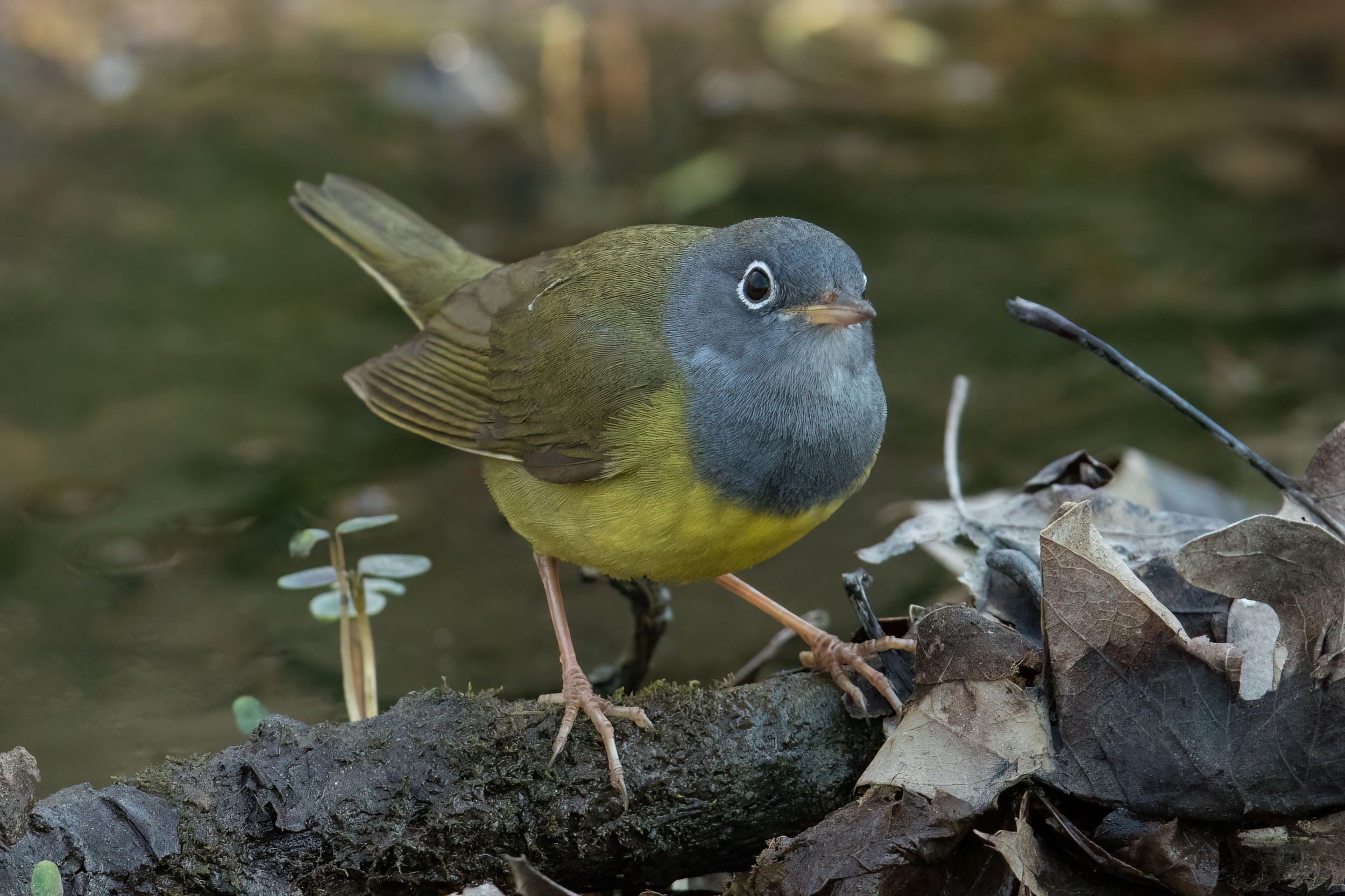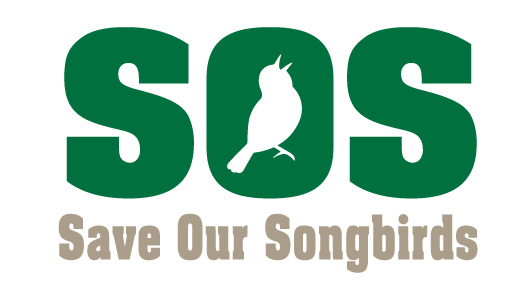
Wisconsin’s Vanishing Songbirds
Help keep our birdfeeders, fields, and forests from going silent
North America has lost 30% of its birds since 1970. Warblers, finches and sparrows are among the hardest hit. Wisconsin is suffering these losses too and they’re continuing.
Our pleasure in seeing and hearing a variety of songbirds will go away if we don’t act now. We’ll lose a lot more, too.
Birds boost our mental health and anchor Wisconsin’s $2.6 billion wildlife watching economy
Birds disperse seeds, pollinate plants, and help reduce crop and forest pests
Birds are “canaries in the coal mine,” alerting us to unhealthy conditions for people & wildlife
Can you imagine our world without songbirds?
Looking for a needle in a haystack, March 17, 2023
Can you imagine a world without songbirds? March 15, 2023
Native plant sales bloom across Wisconsin, March 19, 2023
Bird News
Hungry for more? View now.
We can do this!






